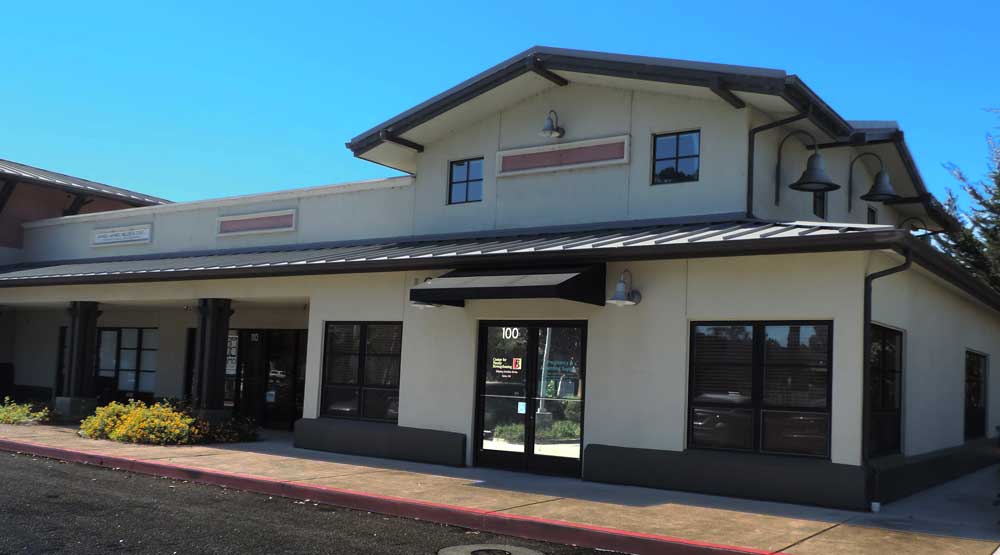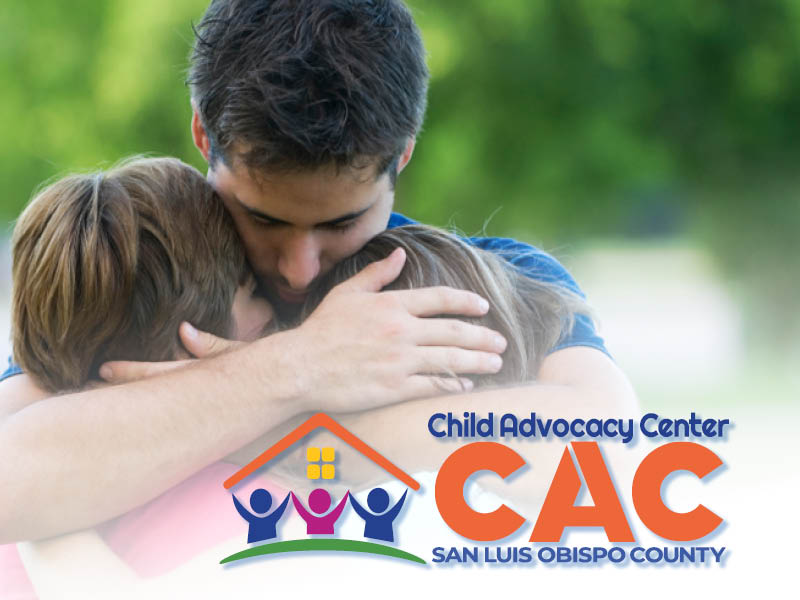Why a Child Advocacy Center?
Why a Child Advocacy Center?
Tragically once abuse occurs, children can face a frightening and confusing process. Without a Child Advocacy Center (CAC), the child may end up having to tell about the worst experience of their life many times over to investigators, doctors, lawyers, therapists, law enforcement and others.
With a CAC a child only talks to 4 trained professionals.
Child-focused services through our CAC SLO County include a child abuse pediatrician, safe
parent or caregiver and Family Advocate working together to address the abuse and assist the
treatment and healing process. The child victim shares their experience once with a trained
forensic interviewer who knows the right questions to ask in a way that is not re-traumatizing.
Counseling and community resources are available to support child and family well-being.
How We Work
Child-focused services through our CAC SLO County include:
child abuse pediatrician, safe parent or caregiver and Family Advocate working together to address the abuse and assist the treatment and healing process. The child victim shares their experience once with a trained forensic interviewer who knows the right questions to ask in a way that is not re-traumatizing. Counseling and community resources are available to support child and family well-being.
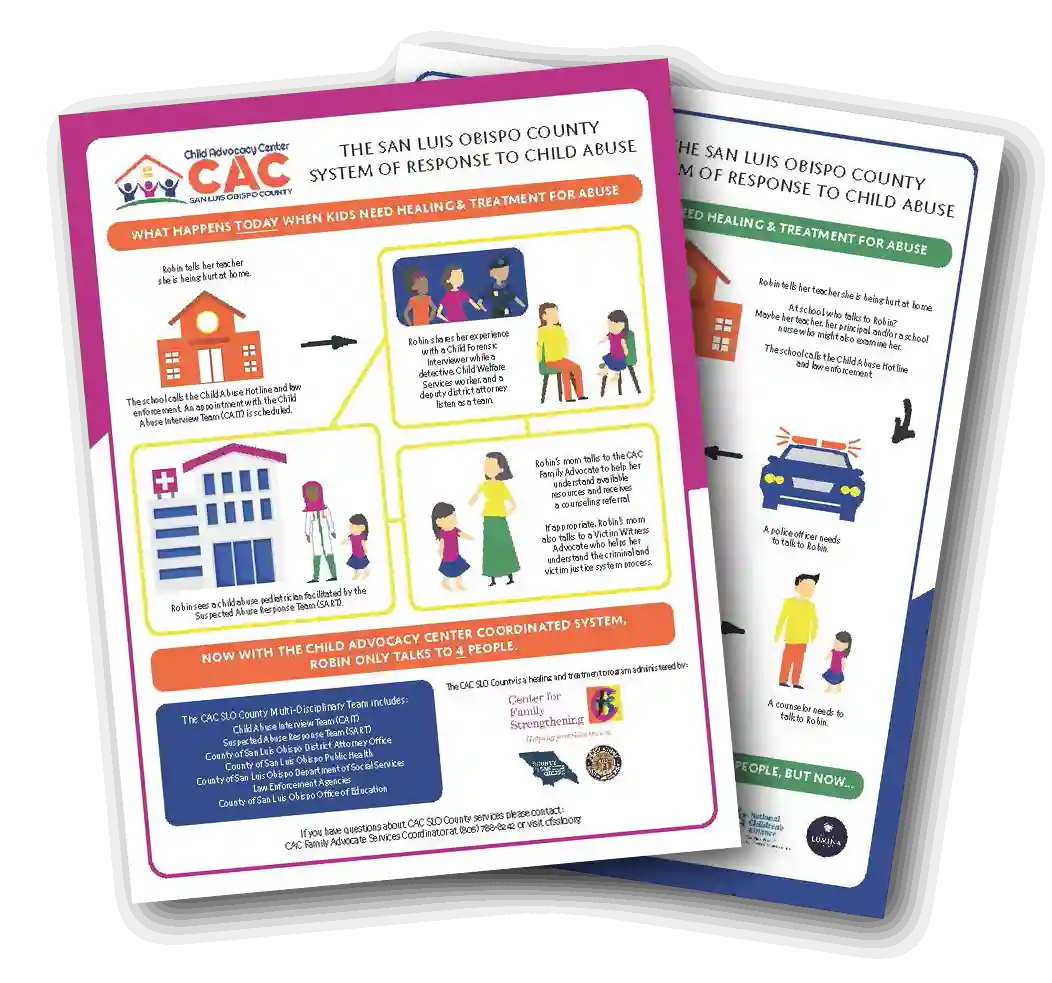
CAC SLO Healing & Treatment services for Child Victims
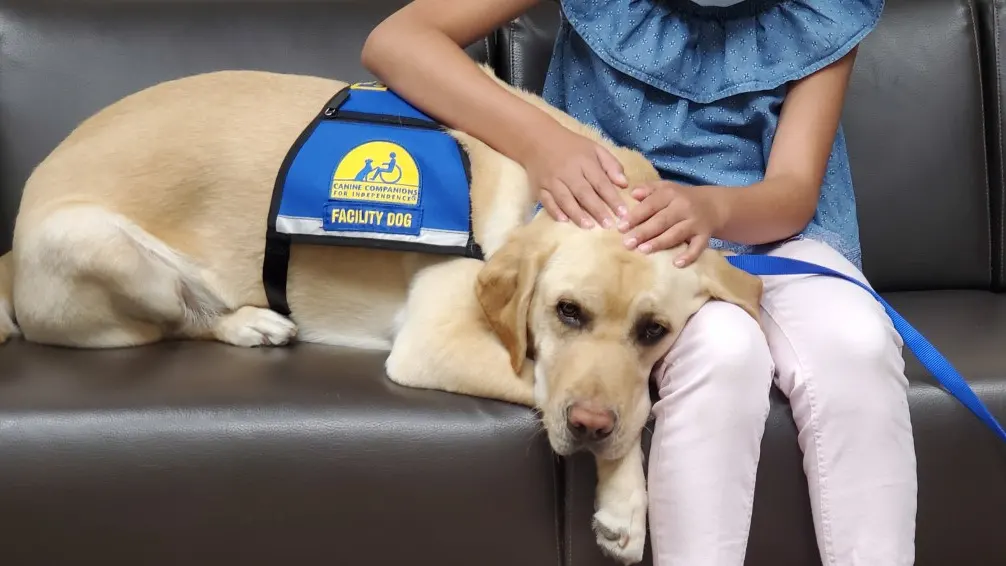
Services
A Forensic Interview provides a safe place
for the child to share their experience with
trained professionals who will listen to
them, protect them and help them heal.
Our child abuse pediatrician conducts a
Medical Examination to evaluate and treat
physical and sexual abuse, neglect, and other
instances of trauma.
Our child abuse pediatrician conducts a
Medical Examination to evaluate and treat
physical and sexual abuse, neglect, and other
instances of trauma.
Family Advocacy Services provide a bridge
between the child victim, safe family
members, and the team of professionals
guiding the process.
Expert Mental Health Services are a crucial
component in addressing the immediate
and long-term effects of child abuse-related
trauma for both the victim and safe family
members.
Our Team
In San Luis Obispo County our CAC
Multi-Disciplinary Team (MDT) works together
to respond to child abuse allegations. The
CAC direct service team includes staff from public health, the District Attorney and Center for Family Strengthening.
MDT partners and community resource organizations include law enforcement, behavioral health, education, child welfare services and victim advocacy.
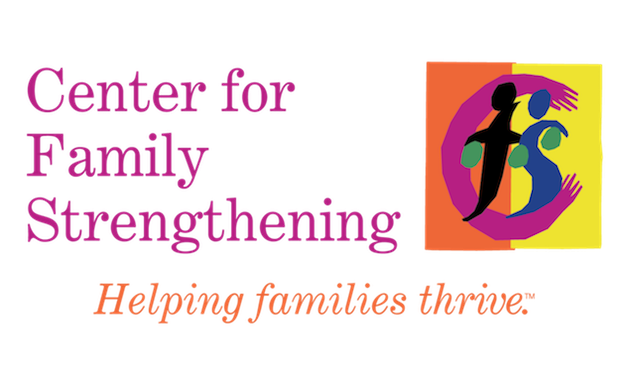
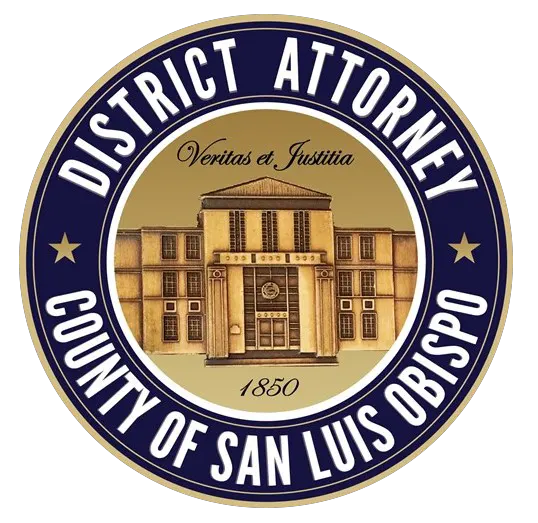
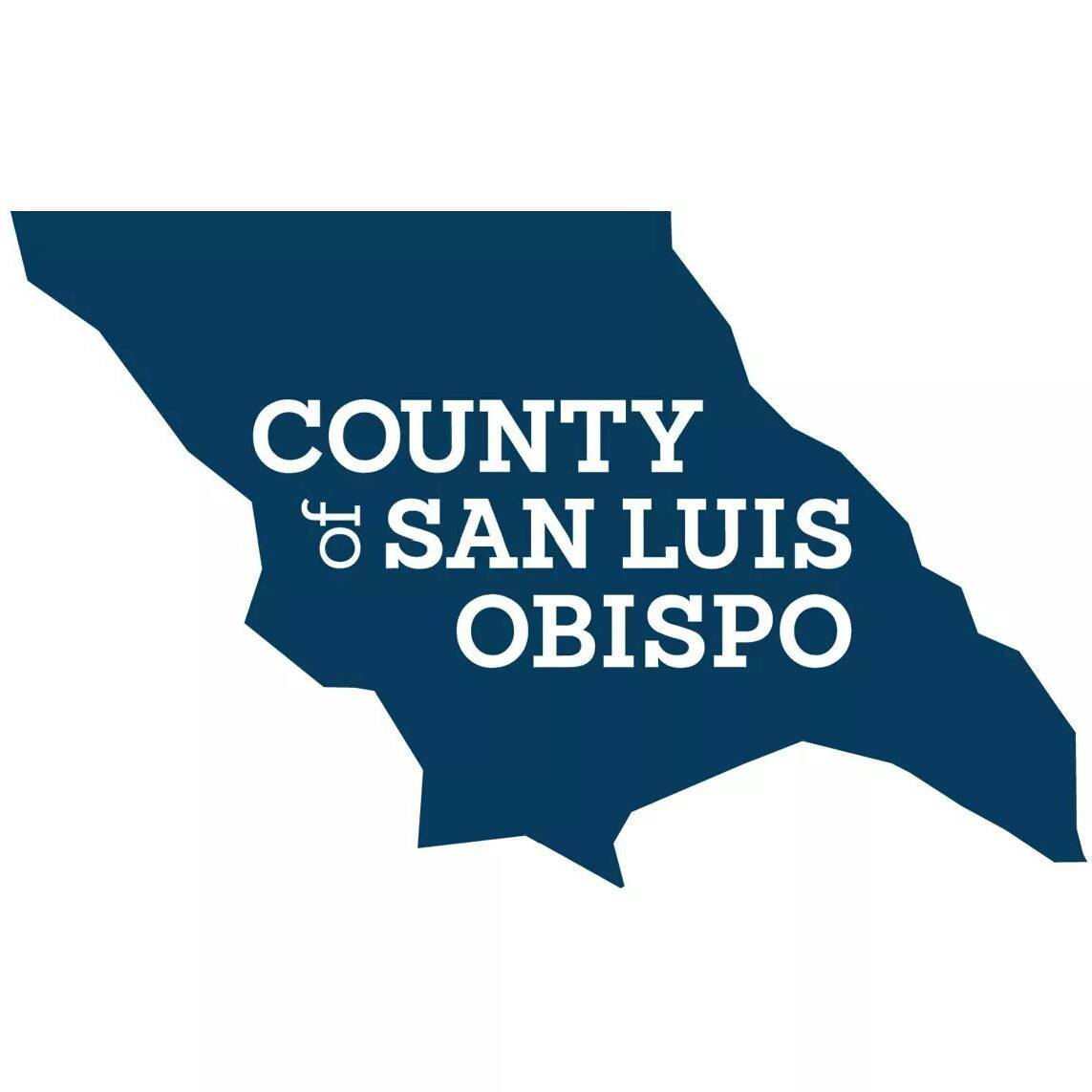

How are children and families referred to the
CAC-SLO County?
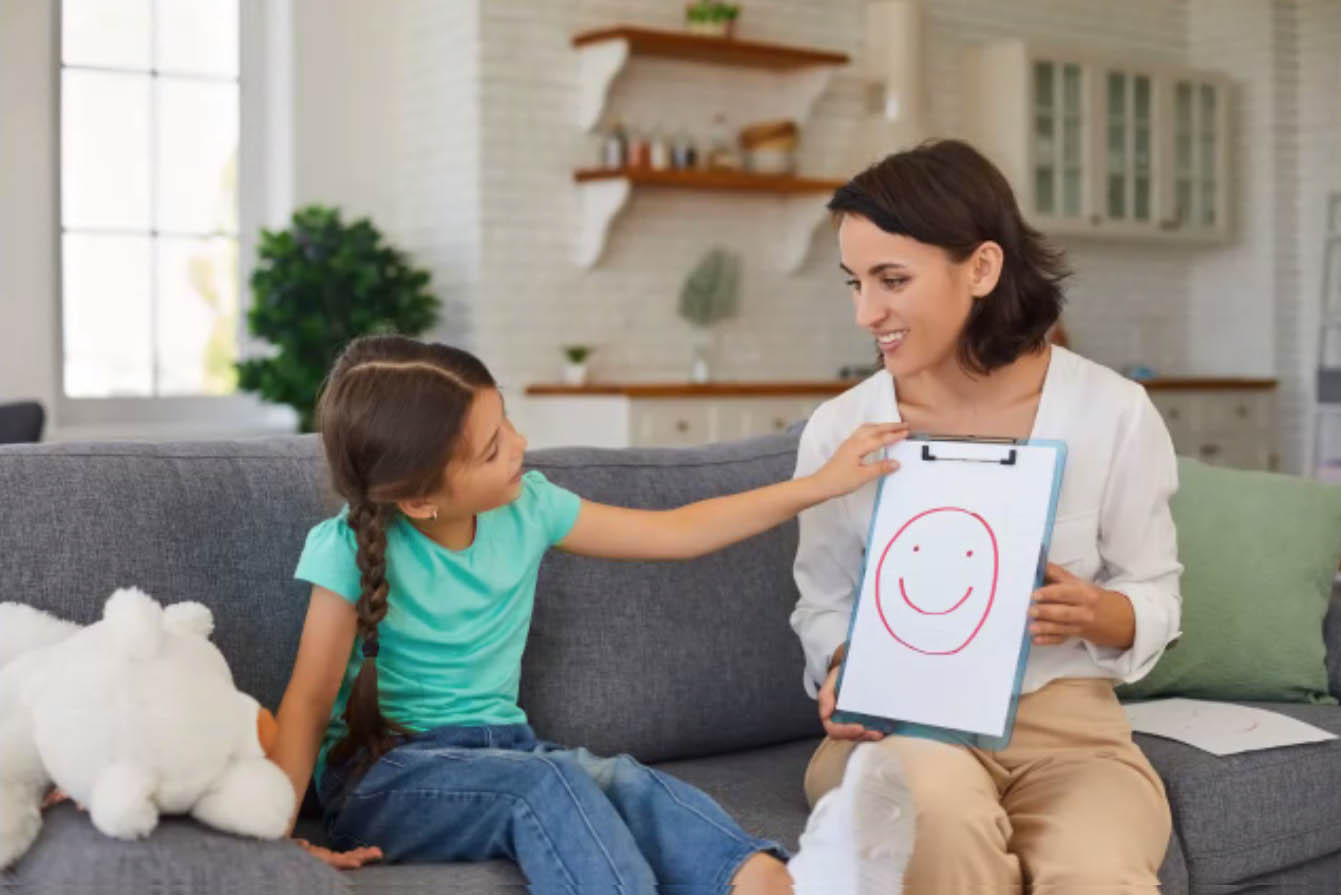
Referrals to the CAC are made through a Law Enforcement Agency (Sheriff or Police Deptartment) or Child Welfare Services (CWS). Law enforcement Child Welfare Services will investigate when receiving a report of alleged child abuse.
If further investigation is needed law enforcement will request a Child Forensic Interview through the District Attorney’s Office Child Abuse Interview Team. The Child Abuse Interview Team Manager will request a CAC Family Advocate to assist the family while they go through the investigative process.
If you have a concern for a child’s health and well-being, we recommend contacting the following community resources.
- Community Counseling Center: Low cost, affordable counseling (805) 543-7969
- Parent Connection: Free Parent Coaching and education services (805) 543-3700
- The Link Family Resource Center: Free family support services in SLO County (805) 466-5404
- Lumina Alliance: Sexual and intimate partner violence services (805) 781-6400
FAQ
How do I know when to report child abuse?
All children have the right to a safe and nurturing home, and making a report is the first step in putting an end to the devastating cycle of child abuse. Reporting should be done when a person either knows or has a reasonable suspicion that a child has been or is in danger of abuse or neglect. Hard proof is not needed to make a report, however, reports must be in good faith.
How do I report child abuse?
To report your concerns for a child’s safety or suspected abuse, call your local law enforcement agency or Child Welfare Services (CWS) 24-Hour Hotline 805-781-KIDS (5437) or 1-800-834-KIDS. Sometimes it is hard to figure out what to do. If you are not sure and need to talk to one of our CAC Family Advocates, please feel free to call the CAC-SLO County at 805-788-8242 Monday – Friday 9am – 5pm.
Should I consider counseling for my child?
Children may be uncomfortable discussing the abuse with their parents/caretakers because they feel shame, embarrassment, or guilt.
Children dislike seeing their parents upset or angry. Therefore, they may try to protect their parents by not telling them about the abuse. Reassure your child that you are not upset with them, rather that you are upset with the situation.
It is important to give your child an opportunity to talk with a professional. Children have different needs that may need to be addressed from the incident to the recovery. Allowing your child to talk with a professional therapist is a positive step toward healing. Also, you as a parent
may feel that you could benefit from speaking with a professional regarding your own personal feelings.
CAC family advocates can provide you with information of local mental health professionals in the community and walk you through the process for finding a therapist.
The Child Advocacy Center San Luis Obispo County was established. Bringing the CAC model to SLO County was a partnership between Center for Family Strengthening, the District Attorney’s Office, and Public Health.
” timeline_main_image=”https://cfsslo.org/wp-content/uploads/2023/03/zoom-300×169-1.jpg” timeline_date=”2018 ” timeline_button_text=”Read more” _builder_version=”4.21.0″ _module_preset=”default” global_colors_info=”{}”][/dnxte_timeline_child][dnxte_timeline_child timeline_title=”New Team Added” timeline_content=”
The Multidisciplinary Case Review Team was formed to improve cooperation between agencies and implement streamlined services.
” timeline_main_image=”https://cfsslo.org/wp-content/uploads/2023/05/About-Psych_Types-General-psychologists-548×274-1.jpg” timeline_date=”2019-20″ timeline_button_text=”Read more” _builder_version=”4.21.0″ _module_preset=”default” global_colors_info=”{}”][/dnxte_timeline_child][/dnxte_timeline]
Our CAC SLO Journey
2018 – 2023
● The Child Advocacy Center San Luis Obispo County was established. Bringing the CAC model to SLO County was a partnership between Center for Family Strengthening, the District Attorney’s Office, and Public Health.
● The Multidisciplinary Case Review Team was formed to improve cooperation between agencies and implement streamlined services.
● Two bilingual, bicultural CAC Family Advocates were hired to provide navigation support to child sexural and physical abuse victims and their safe family members.
2023 – 2025 Program Goals
1. Establish a dedicated, accessible CAC location designed to offer child-focused & family-friendly services.
2. Improve access to healing and treatment services through strategic partnerships and expanding the CAC team.
CAC Networks
CAC SLO is a proud member of national and statewide networks designed to provide accreditation, training, technical support and more to child advocacy centers across the US.
In 1988, representatives from Children’s Advocacy Centers around the country joined forces to establish the National Network of Children’s Advocacy Centers. A decade later, in an effort to reflect the Network’s national composition and focus, the National Network became known as National Children’s Alliance (NCA). In line with original intent, NCA continues to provide accreditation opportunities, financial assistance, training, technical assistance, research, and education to communities, child abuse professionals ,and the more than 900 Children’s Advocacy Centers throughout the United States in support of child abuse intervention, advocacy, and prevention. Learn more here. {https://www.nationalchildrensalliance.org/media-room/nca-digital-media-kit/fact-sheet/]
Children’s Advocacy Centers of California, CACC, is a membership organization dedicated to helping local communities respond to allegations of child abuse in ways that are effective and efficient – and put the needs of child victims first. CACC provides training, support, technical assistance and leadership on a statewide level to local child advocacy centers and multidisciplinary teams throughout California responding to reports of child abuse and neglect.
Our Future
Fulfill our mission by providing as save Facility Based operation
https://www.nationalchildrensalliance.org/media-room/nca-digital-media-kit/fact-sheet/
Types of NCA Members/NCA Structure
Children’s Advocacy Centers (CACs) are child-focused, facility-based programs in which representatives from many disciplines work together to conduct interviews and make team decisions on cases of child abuse. CAC models for child abuse intervention are proven and effective, bringing together trained professionals to investigate and provide medical and mental health care as well as support to child victims of abuse, while holding offenders accountable through the court system. CAC locations are designed to create a sense of safety and security for child victims.
CACs associated with NCA undergo an accreditation process that follows a regularly updated set of 10 standards established by the NCA board of directors that ensure effective, efficient and consistent delivery of services. Once accredited, CACs then localize the standards to meet the unique needs of individual communities. The accreditation process ensures that CAC programs adhere to rigorous standards of quality service provision known to be effective in helping children heal from the effects of abuse, and once accredited, CACs must be re-accredited every five years.
CACs are located across the country with services that generally include:
- Forensic interviewing services
- Forensic medical evaluations
- Victim advocacy and support
- Specialized mental health services
- Community education and outreach
State Chapters are member organizations made up of CACs within a given state, similar in structure to NCA. And, like the CACs they serve, no two Chapters are alike. State Chapters exist primarily to support their member CACs, assisting with the development, continuation, and enhancement of the CAC model as promoted by NCA National Standards for Accreditation. State Chapters also serve as a resource for their member CACs, facilitating a network within the state to support their members and the agencies involved in the investigation, treatment and prosecution of allegations involving child abuse. State Chapters are eligible to apply for accreditation with NCA, in a process that follows a separate set of standards from those for individual CACs.
Regional Children’s Advocacy Centers (RCACs) were established by the U.S. Department of Justice, Office of Juvenile Justice and Delinquency Prevention. RCACs are funded separately from NCA, local CACs and State Chapters, but work in tandem with NCA to offer a full range of training, technical assistance, consultation and information to established and developing CACs. RCACs are also instrumental in assisting individual communities in developing a comprehensive and multidisciplinary approach to child abuse intervention, increasing community understanding of child abuse and assisting in the accreditation application process for local CACs by clarifying membership standards and conducting site visits. There are four RCACs located within accredited CACs throughout the country in the Northeast, Midwest, South and West. RegionalCACs.org has collective information, resources and links from all four regions.
To learn about the different membership types, click here.

Center for Family Strengthening CAC
3480 Higuera St Suite 100, San Luis Obispo, CA 93401
805-543-6216 info@cfsslo.org
Please complete this form to assist us in responding with accurate information. Thank you!
Get Involved
One in ten children suffers from child abuse. Child abuse is preventable. Our programs make positive, systemic changes in the lives of families. Strong kids come from strong families. CFS helps families become and stay strong with programs to prevent child abuse and provide essential resources to support families in need within our community. Donate to a program today! To learn more and contribute in other ways, please contact us directly.
DONATE NOW
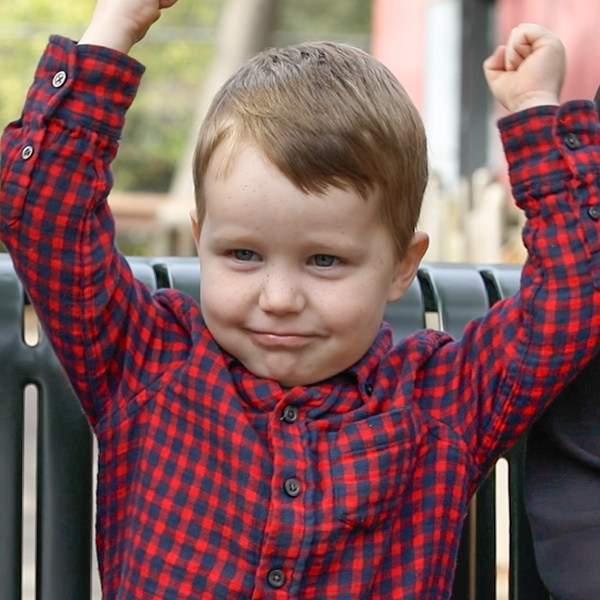
Donate today and support vital programs for families in need!
There are over 50,000 children in San Luis Obispo County. These are 50,000 reasons to support programs that promote the social and emotional well being of children and families.
Join us and ensure healthy families are a community priority.
CAC FAQ
Frequently Asked Questions
What is the mission of Center for Family Strengthening?
Center for Family Strengthening (CFS) is dedicated to strengthening families through education and advocacy. CFS manages primary prevention programs for families that provide parent education, community outreach, and healing services for child abuse victims. In addition CFS partners closely with family support organizations in SLO County to provide resources to families in need, protect children from abuse and neglect, and ensure that strong families are a community priority.
Center for Family Strengthening (AKA San Luis Obispo County Child Abuse Prevention Council) was founded by a group of concerned citizens and professionals. In 1988 the San Luis Obispo County Board of Supervisors designated Center for Family Strengthening as the self-governing entity responsible for local efforts to prevent and respond to child abuse and neglect. To learn more about the purpose of Child Abuse Prevention Councils, visit Best Practice Guidelines for California’s Child Abuse Prevention Councils. Link: https://strategiesca.org/wp-content/uploads/2020/07/CAPC_Best_Practices_ADA_7.10.20.pdf
Center for Family Strengthening, a private non-profit 501(c)(3), receives 70% of its annual budget from individual donors, private grants, private foundations, corporations, and other community organizations with the remaining 30% coming from government contracts to provide critical family services to thousands in our community each year.
How do I report suspected child abuse?
As a mandated reporter in San Luis Obispo County, if you suspect child abuse or neglect, YOU MUST:
- Immediately call Child Welfare Services (CWS) 24-Hour Hotline
- 805-781-KIDS (5437) or 1-800-834-KIDS
- Complete and file a Suspected Child Abuse Report (SCAR) form # SS8572, located at CA Suspected Child Abuse Report (SCAR) Form 8572. The Social Worker you speak with when calling the CWS hotline will inform you where to fax/email the SCAR form.
- Retain a legible copy of the SCAR Report
- YOU are responsible for making this report. DO NOT ALLOW your supervisor/principal to make the report for you or assume because another co-worker has some of the same information that they will make the report.
- Do not attempt to investigate, conduct interviews or interfere with the information you hold.
- Remember that you are to report SUSPECTED abuse – you are not required to have witnessed or have complete proof of the incident. You are obligated by law to report what you observe or what you are told that caused suspicion the child is being physically, sexually or emotionally abused or neglected. When in doubt, call CWS and get their input about the scope of your report.
Learn more here, https://www.slocounty.ca.gov/Departments/Social-Services/Mandated-Reporter.aspx
Who is a mandated reporter?
Mandated reporters are persons who, as a result of their profession, are more likely to be aware of abuse or neglect of children, persons with disabilities, or elders. Being a mandated reporter means that by law you must report any suspected abuse of a child, dependent adult or elder immediately to the county Adult Protective Services (APS) or Child Welfare Services (CWS). Learn more here, https://www.slocounty.ca.gov/Departments/Social-Services/Mandated-Reporter.aspx
How do I become a Mandated Reporter?
A Mandated Reporter training will provide the following:
- Learn how to report incidents of suspected child abuse
- Understand what occurs after a report,
- Gain knowledge about the Child Welfare Services system and resources for families in the community.
- An increased understanding of trauma and resilience
- Expanded awareness of SLO County community-based resources
- Knowledge of family strengthening approaches and practices
For information about the next Mandated Reporter Training or to schedule a presentation or training for your site, please contact us at 805-543-6216 or support@cfsslo.org.
How does child abuse impact children, families and communities?
Child maltreatment is a persistent problem within San Luis Obispo County. Although it is a hidden social ill, its impact is significant. Child maltreatment impacts not just the child, but the family, the community, and society at large. In California, as many as one out of every 19 children is suspected of being maltreated. The impact of maltreatment not only morally degrades our society, it significantly hurts our economy. In fact, the physical, mental, and emotional effects of maltreatment persist long after child maltreatment occurs, and result in ongoing costs to every sector of California.
The cumulative financial impact to San Luis Obispo County for the 528 verified survivors of maltreatment in 2019 is $195,000,000. Though these costs are accrued over the course of the victim’s life, the community will continue to occur the same cost each year until we are able to reduce and ultimately end child abuse.
CHILD WELFARE – $36,239,873
Victims may require intervention services, foster care, and counseling services.
EDUCATION – $8,473,715
Maltreated children are 77 percent more likely to require special education.
CRIMINAL JUSTICE – $4,325,605
Maltreated children are 59 percent more likely to be arrested as juveniles, and 28 percent more likely to have an adult criminal record.
HEALTHCARE – $49,776,931
Victims may require hospital care, mental health services, and other medical services during childhood, and have a higher incidence of physical and mental health issues throughout adulthood.
LIFETIME PRODUCTIVITY – $96,002,540
Victims are more likely to be unemployed and rely on public assistance that leads to diminished earning potential.
FATALITY – $0
Accounts for the victims’ lost wages and healthcare costs.
What is child maltreatment?
Why does child abuse occur? Although not all causes of child abuse and neglect are known, a significant body of research has identified several risk factors and protective factors associated with child abuse. Studies also have shown that when there are multiple risk factors present, the risk is greater. For example, lack of preparation or knowledge of child development. Parents may lack an understanding of their children’s developmental stages and hold unreasonable expectations for their abilities. They also may be unaware of alternatives to corporal punishment or how to appropriately discipline their children at different ages. Parents also may lack knowledge of the health, hygiene, and nutritional needs of their children.
These circumstances, combined with the inherent challenges of raising children, can result in otherwise well-intentioned parents causing their children harm or neglecting their needs. Critical issues surrounding parenting, financial or other environmental stressors (substance abuse) difficulty in relationships, and depression or other mental health problems can all lead to abusive or neglectful behavior.
Neglect occurs when parents are unable or unwilling to provide for basic needs, such as food, shelter, medical care, educational needs, and emotional needs, of a child. We all have a role to play in building strong communities in which families and children are valued and supported. It is in these kinds of communities that children are safest from abuse and neglect.
The Center for the Study of Social Policy, https://cssp.org/our-work/project/strengthening-families/, has developed the “Five Protective Factors” which can help individuals better understands the role they can play in child abuse and neglect prevention.
1) Parental Resilience: The ability to cope and bounce back from challenges.
2) Social Connections: Friends, family, neighbors, and others who provide emotional support and assistance.
3) Knowledge of Parenting and Child Development: Accurate information about raising children and appropriate expectations for their behavior.
4) Concrete Support in Times of Need: Being able to cover day-to-day expensed and unexpected costs that come from time to time, access to supports such as health services, counseling, and other services
5) Children’s Social and Emotional Development: A child’s ability to interact positively with others and communicate his or her emotions effectively.
How do your programs prevent child abuse and neglect?
Isolation, intense stress, lack of basic needs and lack of healthy, supportive community are some of the primary risk factors that can lead to child maltreatment.
All CFS programs build the Five Protective Factors in families. Though parent education, increasing connection to community resources, providing support during and after times of crisis, and advocating for families with other service providers, we mitigate the risk factors the increase the chance for abuse and neglect.
The Center for the Study of Social Policy, https://cssp.org/our-work/project/strengthening-families/, has developed the “Five Protective Factors” which can help individuals better understands the role they can play in child abuse and neglect prevention.
1) Parental Resilience: The ability to cope and bounce back from challenges.
2) Social Connections: Friends, family, neighbors, and others who provide emotional support and assistance.
3) Knowledge of Parenting and Child Development: Accurate information about raising children and appropriate expectations for their behavior.
4) Concrete Support in Times of Need: Being able to cover day-to-day expensed and unexpected costs that come from time to time, access to supports such as health services, counseling, and other services
5) Children’s Social and Emotional Development: A child’s ability to interact positively with others and communicate his or her emotions effectively.
Research shows that when these Protective Factors are present families are better able to cope in tough times, demonstrate efficacy in accessing resources, recover from adversity with greater ease, and have an increased understanding of their children’s needs.
How do I donate to a program?
Your donations can be designated to a particular program or donated as an unrestricted gift. To learn more about how to contribute to a Center for Family Strengthening program visit [Click Here] or call 805 543-6216.
How do I contact you for support services, or to refer a family?
Phone: (805) 543-6216
Email: support@cfsslo.org [Contact form Link]
Address: 3480 South Higuera, Suite 100, San Luis Obispo 93401
CAC
The Child Advocacy Center (CAC) of San Luis Obispo County is here to provide treatment and healing for child victims of abuse in our community. CAC streamlined services help reduce trauma to abused children so they can begin the process of healing.
The CAC brings together professionals from law enforcement, child welfare services, medical, mental health, victim advocacy and other agencies to ensure wellness, safety and justice for all child victims of abuse.
The fundamental goals of this coordinated child abuse prevention system are to:
1) Break the cycle of child abuse,
2) Reduce systemic trauma to child victims,
3) Improve investigations,
4) Increase prosecution and convictions, and,
5) Increase aftercare well-being of children and families.
If you have questions about CAC SLO County sevices please contact: Rocío Hernández, CAC Family Advocate Sevices Coordinator at 805-788-8242, Rhernandez@cfsslo.org

